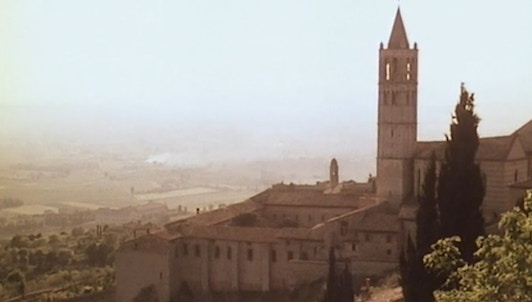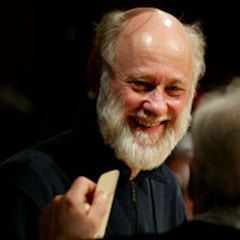
Christopher Nupen is a south-African born filmmaker. After moving to Britain, he began his broadcasting career in the Features Department of BBC Radio. His first assignment was the High Festival in Siena, a radio documentary on the summer music school of the Accademia Musicale Chigiana in Siena, produced in 1962 by Laurence Gilliam for the BBC Third Programme.
Leer más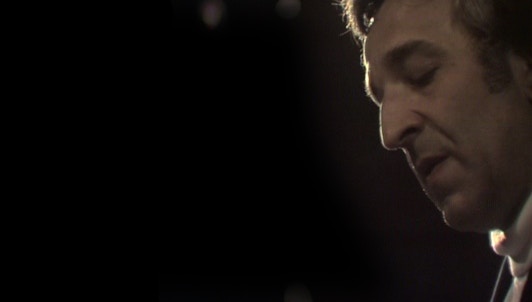
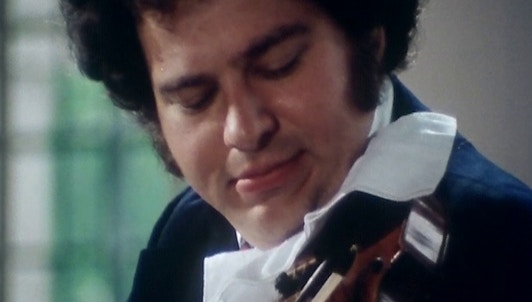
BBC Radio 3 Lunchtime Concert
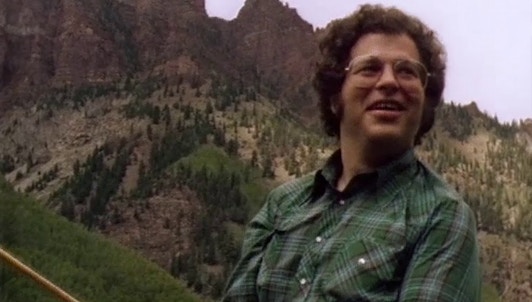
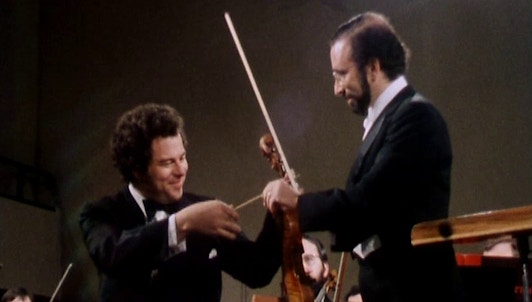
The Philharmonia Orchestra of London, Lawrence ...
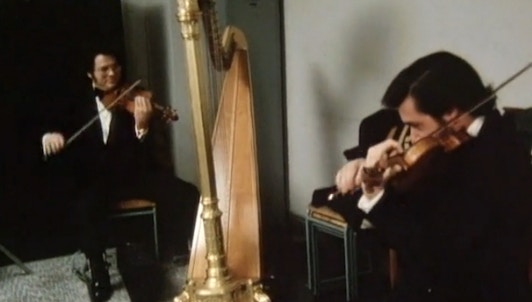
Un documental de Christopher Nupen - Segunda parte

Un documental de Christopher Nupen - Primera parte

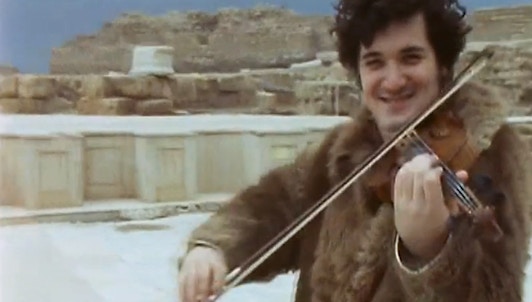

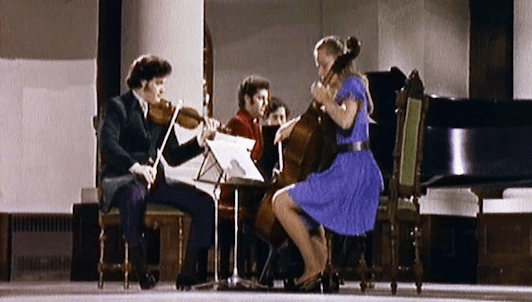
Grabado por Christopher Nupen

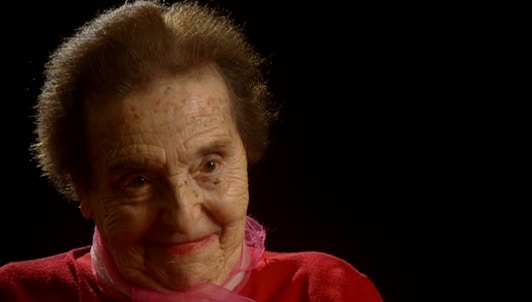
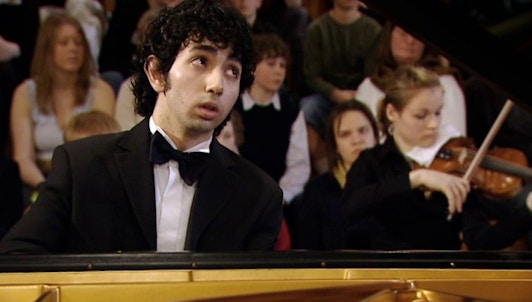
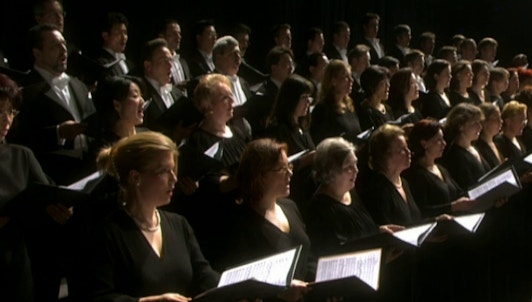

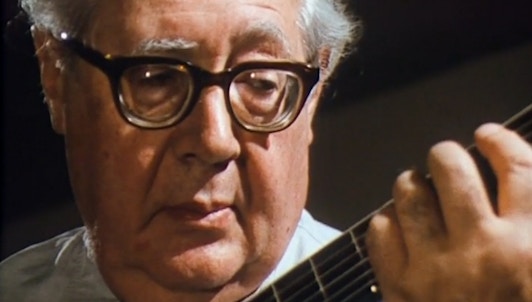
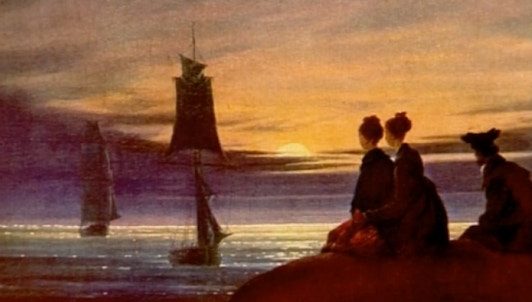
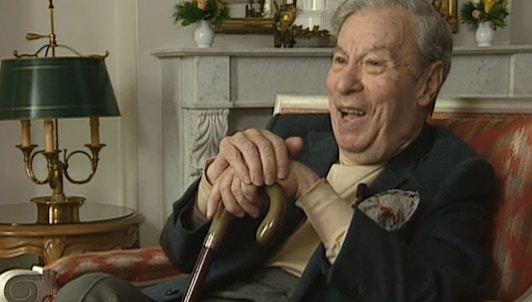
Recuerdos de un mago silencioso. Un documental ...
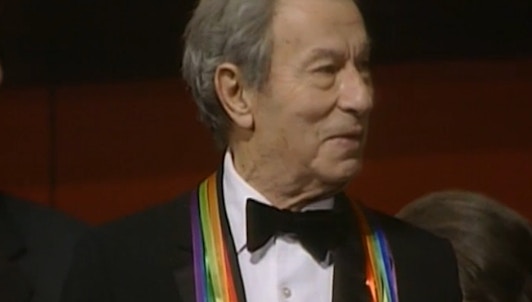
Recuerdos de un mago silencioso. Un documental ...
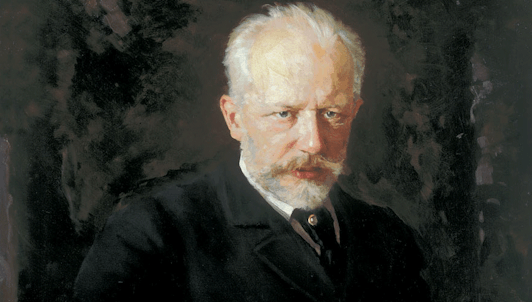
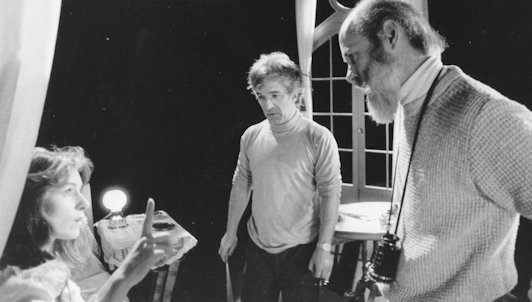
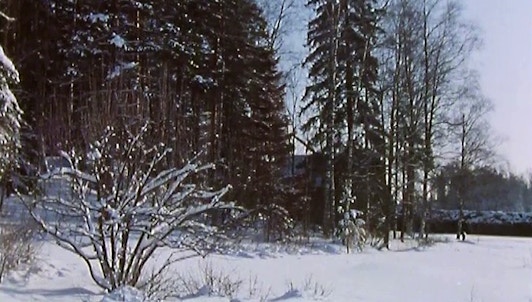

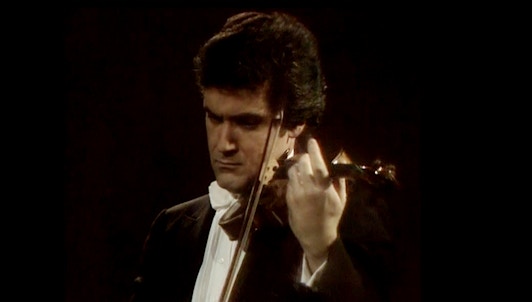



Johannes Brahms (1833-1897): Las sonatas para v...

Johannes Brahms (1833-1897): Sonatas para violí...

Johannes Brahms (1833-1897): Las sonatas para v...
